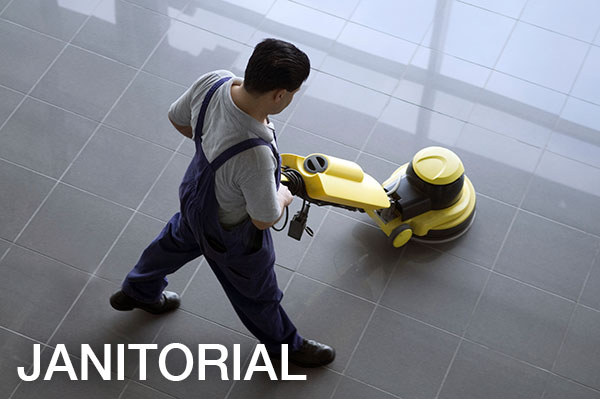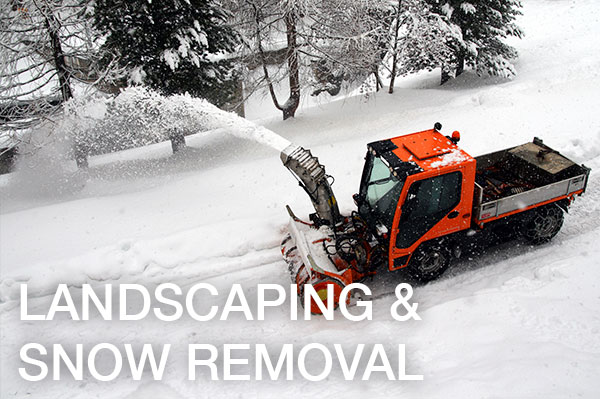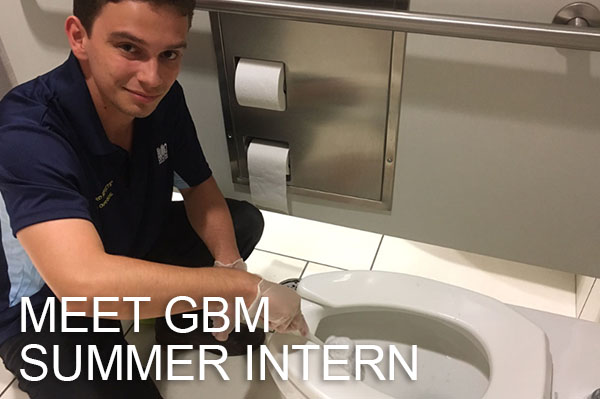General Building Maintenance, LLC
Janitorial & Integrated Facility Maintenance Services
We at General Building Maintenance are committed to providing our customers with consistent, quality services, which are recognized as contributing factors towards the operational successes of our customers’ organizations. We will continuously strive to improve our processes through customer input, workforce development, and self-evaluation. With these commitments, we will seek to develop, maintain, and enhance our recognition in the building service industry as an invaluable partner, thereby leading to growth opportunities and an improved marketplace position.
General Building Maintenance was founded in 1983 with the understanding that our company’s success would depend upon our ability to produce a consistently high quality product day-in and day-out. We provide complete Janitorial and Handyman services. Currently, we are servicing over 100 million square feet of facility and office space throughout the United States.
In August 2022 GBM was acquired by Pritchard Industries. This strategic move marks a significant milestone in GBM”s efforts and commitment to delivering enhanced value to our customers. We look forward to the opportunities this union brings and are excited about the continued success and growth it will unlock.
We offer services such as Commercial Janitorial Services, Construction Clean Up, Commercial Landscaping, Facility Sanitizing, Marble/Granite Services, Pressure Washing, and Cube Configuration, in diverse locations such as Georgia, Florida, Tennessee, South Carolina, North Carolina, Alabama, and much more!
At GBM, the safety of our clients, employees, and the public is the focus of all we do. As the situation with COVID-19 continues to evolve, GBM is on alert continously monitoring information disseminated by the Centers for Disease Control and Prevention (CDC), the World Health Organization (WHO), the Occupational Safety and Health Administration (OSHA), and others to ensure we are actively following the most up-to-date cleaning, infection mitigation, and safety protocols recommended. Throughout this crisis, as always, we are working closely with our Managers, Operations personnel, and Cleaners to share accurate information and safely meet all our clients and employees needs.
Coronavirus Survives on Surfaces From a Few Hours to a Few Days
March 17, 2020 New study pinpoints virus survival on various surfaces
As professional cleaners continue to battle the SARS-CoV-2 virus that causes COVID-19, additional guidance on how long the virus can live on a variety of surfaces is helpful. Cleaners already knew the virus was long-living, but a new study, which hasn’t been published yet, pinpoints the virus lifespan on various surfaces from plastic and metal to cardboard, National Public Radio reports.
The World Health Organization (WHO) had previously estimated the survival rate from a few hours to a few days based on research from previous coronaviruses However, federal scientists wanted to test the actual virus causing the current pandemic. Researchers at the Rocky Mountain Laboratories in Montana, which is part of the U.S. National Institutes of Health, conducted a series of experiments by picking up the SARS-CoV-2 virus from contaminated areas and putting it in cell cultures from different surfaces. Then they documented whether the virus could infect the cells in the petri dish.
Researchers found the virus can survive on hard surfaces such as plastic and stainless steel for up to 72 hours and on cardboard for up to 24 hours. However, the virus remained viable on copper for only about four hours.
Scientists still don’t know about the virus’s lifespan on soft surfaces such as clothing or carpeting. However, based on previous research, they believe flat and hard surfaces are more likely to retain viruses than cloth or rough surfaces. They also believe food is not a major risk as most infection from the new coronavirus starts with the respiratory system, not the digestive tract. Rather than actual food, the biggest germ carriers would be utensils, plates, and cups handled by a large number of people in a cafeteria setting.
Washing your hands frequently, wearing personal protective equipment (PPE), and wiping down shared surfaces with EPA-registered disinfectants (List N: Disinfectants for Use Against SARS-CoV-2) continues to be the best advice.






